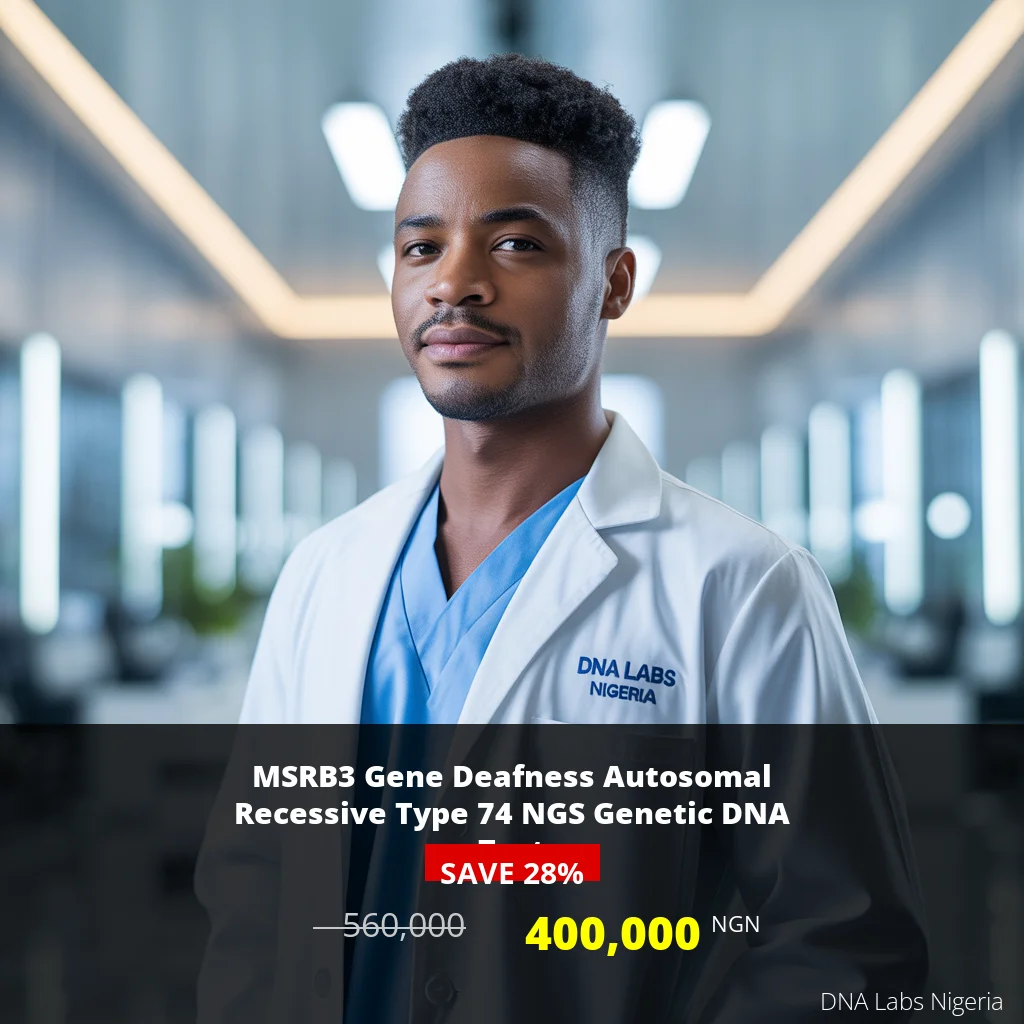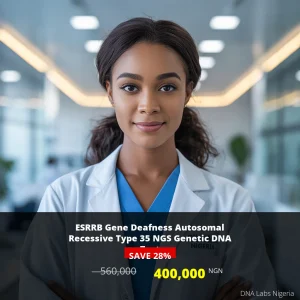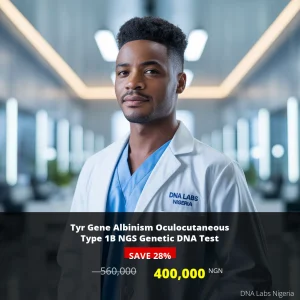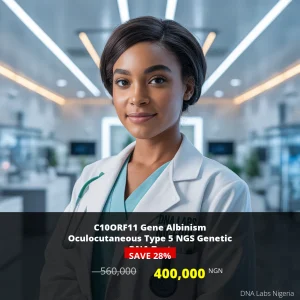MSRB3 Gene Deafness Autosomal Recessive Type 74 NGS Genetic DNA Test
Introduction
The MSRB3 Gene Deafness Autosomal Recessive Type 74 NGS Genetic DNA Test is an advanced diagnostic tool designed to identify genetic mutations associated with hearing loss. This test employs Next Generation Sequencing (NGS) technology to provide comprehensive insights into the genetic basis of deafness, enabling early diagnosis and intervention.
What the Test Measures
This genetic test specifically measures mutations in the MSRB3 gene, which are linked to autosomal recessive forms of deafness. By analyzing the DNA sample, the test can detect specific genetic alterations that may contribute to hearing impairment.
Who Should Consider This Test
Individuals who may benefit from the MSRB3 Gene Deafness Test include:
- Persons with a family history of hearing loss.
- Individuals experiencing unexplained hearing impairment.
- Newborns who fail hearing tests and have a family history of deafness.
Benefits of Taking the Test
Undergoing the MSRB3 Gene Deafness Test offers several advantages:
- Accurate identification of genetic causes of hearing loss.
- Informed decision-making for family planning.
- Guidance for potential treatment options based on genetic findings.
Understanding Your Results
Once the test is completed, results will be provided to you in a clear format. It is essential to discuss these results with a qualified healthcare provider who can help interpret the findings and recommend appropriate next steps.
Test Pricing
| Test Name | Discount Price | Regular Price |
|---|---|---|
| MSRB3 Gene Deafness Autosomal Recessive Type 74 NGS Genetic DNA Test | 400,000 NGN | 560,000 NGN |
How to Book the Test
To schedule your MSRB3 Gene Deafness Autosomal Recessive Type 74 NGS Genetic DNA Test, please contact us at +2348110567037. Our team is here to assist you with the booking process and answer any questions you may have.
Additional Information
Turnaround time for results is approximately 3 to 4 weeks. The sample required for the test can be blood, extracted DNA, or one drop of blood on an FTA card. It is recommended to have a genetic counseling session prior to testing to discuss family history and draw a pedigree chart.
Consultation with an ENT doctor or a genetics specialist is advised to understand the implications of the test results fully.







